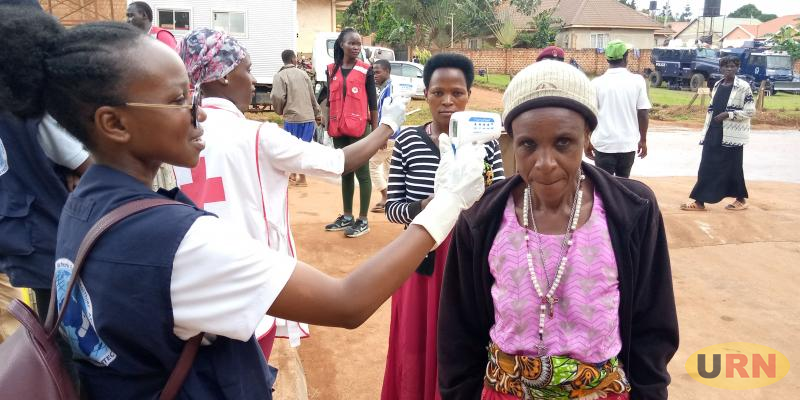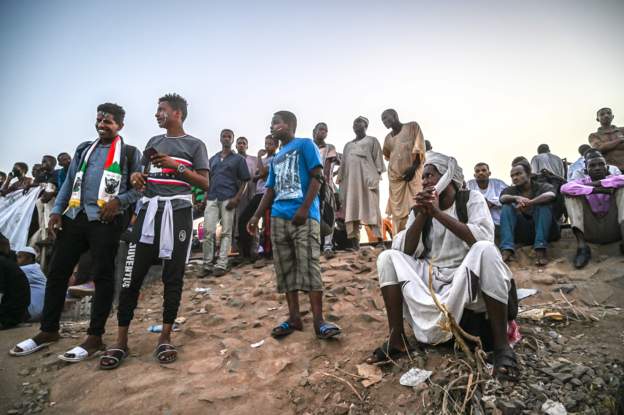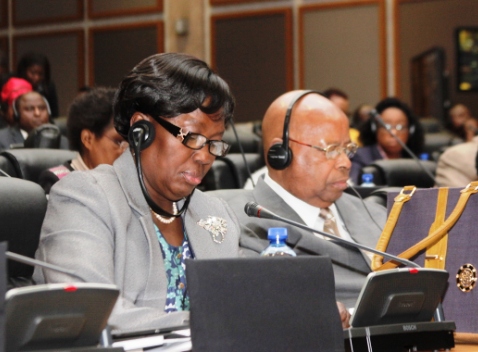Health workers screening
pilgrims at the Uganda Martyrs Shrine, Namugongo are overwhelmed with the
numbers amid limited human resource and inadequate supplies.
A number of screening centres were set up by the Ministry of Health in the wake
of an Ebola crisis that has devastated the Democratic Republic of Congo for
close to ten months.
Each pilgrim at Namugongo
is screened to determine their temperature, and places they have visited prior
to the pilgrimage.
In addition to that, the ministry and other partners have set up hand washing
facilities, with Chlorine Water to disinfect all persons entering
Namugongo. Teams from the Uganda Red Cross Society and Uganda Peoples
Defense Forces – UPDF are also undertaking sensitizing drives in which pilgrims
are taught about basic health practices like preventing body contact with others
to control the spread of disease.
The medical teams are also providing first aid to pilgrims including among
other things massaging those who have trekked long distances and handling some
simple cases recorded.
Dr Eldard Mabumba, the Principal Medical Officer at the Ministry of Health
notes that a number of pilgrims arriving at the shrines are fatigued while
several others have tested positive to malaria.
“We are getting an increased number of malaria cases as the pilgrims
continue to arrive. This can be justified by the environment and experience of
pilgrims during their trek. They have braved heavy downpours, being exposed to
mosquitoes among others,” Dr Mubumba says.
However, one health officer who sought anonymity says that the demand
for services is higher than what they can contain. “This time the number
is very high. Team members are tired and we are very few which has slowed the
exercise,” the health officer stated.
There are only two infrared thermometers used to check the multitudes of people
in the long queues at the Anglican shrine. The two thermometers are being
manned by one person who handles them in either hand to check both the males
and females.
The situation is worse at
the Catholic shrines where huge volumes of pilgrims are continuing to flow in.
State Minister for Health Sarah Opendi says it was not anticipated that the
numbers could be high on the first days like they turned out to be. She,
however, adds that the ministry is working around the clock to ensure that they
increase the medical supplies and human resource at the venues.
Up to last month, the number of Ebola deaths, in the DRC, according to UN figures, stood at 1,223 people. A third of those infected are children; a higher proportion than during previous outbreaks.
But ongoing insecurity and community mistrust continue to hamper access to communities outside Ituri and North Kivu provinces, ultimately leading to more intense Ebola transmission.
–URN





